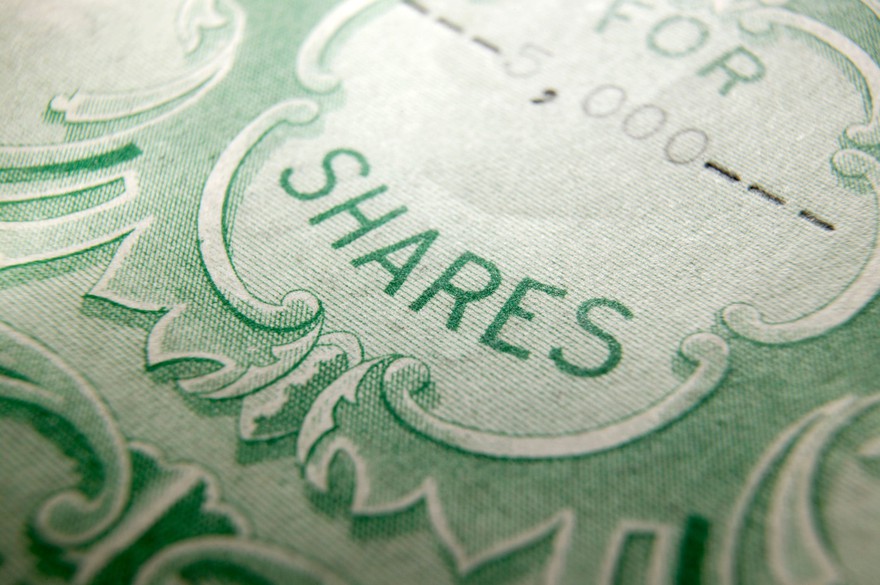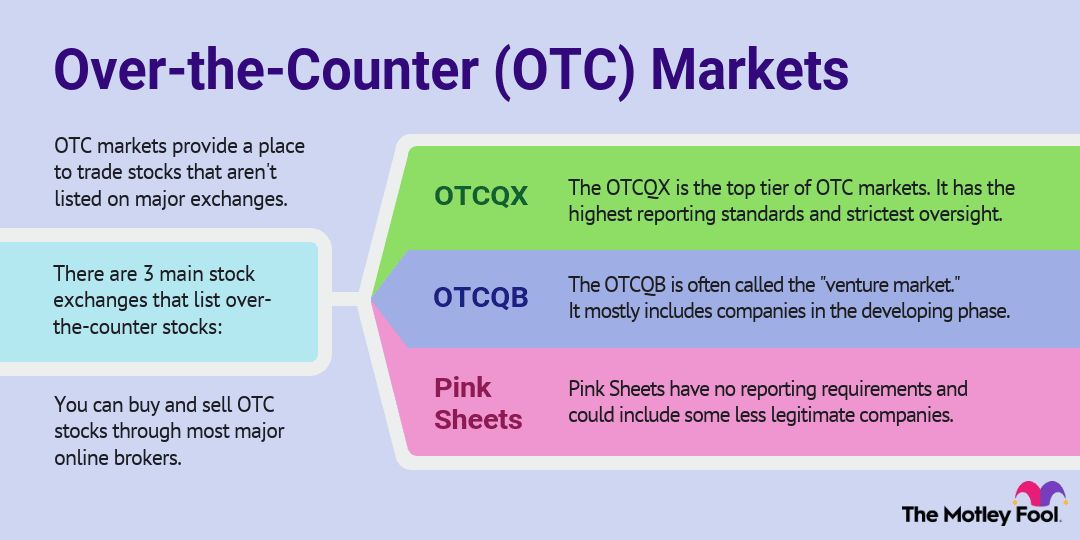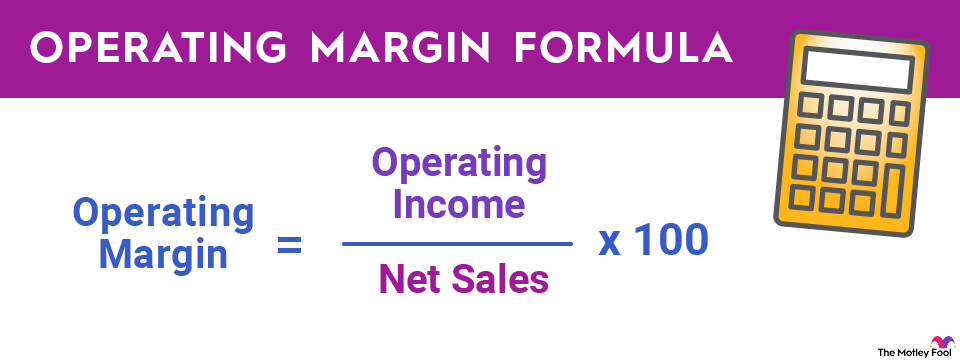Shares outstanding refers to the number of shares of common stock a company has issued to investors and company executives. The number is used to calculate many common financial metrics, such as earnings per share (EPS) and market capitalization.
The number of outstanding shares can be found on a company's most recent quarterly or annual filing with the Securities and Exchange Commission (SEC), usually on its balance sheet in the shareholders' equity section.


Outstanding vs. issued vs. float
A company's number of shares outstanding is the number of shares investors and company executives currently own, while the number of issued shares is the number of shares that have ever been traded in the stock market. A company's number of issued shares includes any shares the company has bought back and now holds in its treasury. The term "float" refers to the number of shares available to be traded by the public and excludes any shares held by company executives or the company's treasury.


















